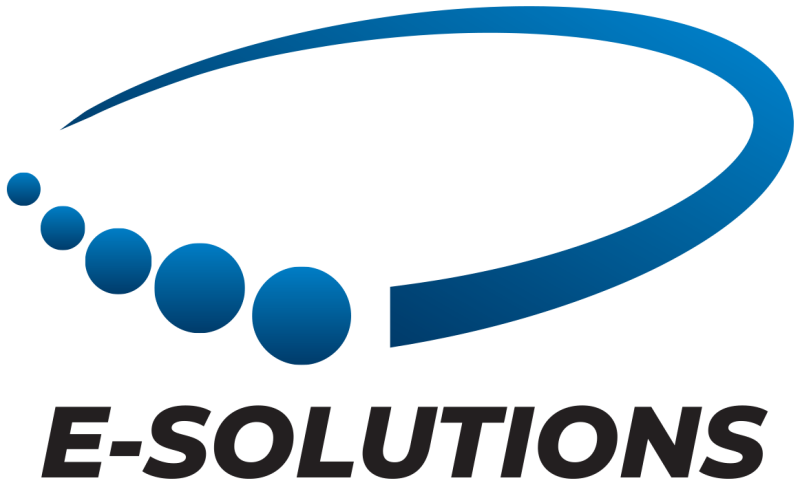In the chemical industry, where precision and safety are paramount, data and analytics play a critical role in driving innovation, ensuring compliance, and optimizing production processes. From R&D and manufacturing to supply chain and regulatory reporting, every aspect of chemical operations relies on accurate and reliable data. Data & analytics testing has become essential in enabling businesses to trust their insights and operate with efficiency and confidence.
Chemical manufacturers deal with massive amounts of data generated from laboratory experiments, production lines, IoT-enabled sensors, and distribution networks. Errors or inconsistencies in this data can lead to inefficiencies, non-compliance with stringent regulations, or compromised product quality. Robust testing frameworks ensure that data is clean, consistent, and actionable.
One of the critical applications of data testing in the chemical industry is in quality control analytics. Manufacturers use analytics tools to monitor and maintain product specifications during production. Rigorous testing ensures that these tools provide accurate insights, helping identify and correct deviations in real time. This not only reduces waste but also ensures that products meet regulatory and client standards.
Predictive maintenance, another cornerstone of modern manufacturing, relies heavily on data from IoT-enabled equipment. By analysing historical and real-time sensor data, predictive models can anticipate machinery failures before they occur. Testing these analytics systems ensures their reliability, reducing unplanned downtime and optimizing maintenance schedules.
Data testing also plays a pivotal role in supply chain optimization. Chemical companies manage complex supply chains that involve raw materials, intermediates, and finished products. Analytics tools track inventory, monitor logistics, and forecast demand. Testing ensures that these tools function seamlessly, enabling just-in-time delivery and reducing carrying costs.
Regulatory compliance is another critical focus in the chemical industry. Companies must ensure that their data aligns with global standards such as REACH, OSHA, and EPA regulations. Testing validates the accuracy of compliance reporting systems, safeguarding against legal risks and penalties.
Despite its benefits, implementing data testing in the chemical industry comes with challenges. Data often comes from diverse sources, requiring integration and standardization. Additionally, the highly sensitive nature of chemical formulations necessitates stringent security measures. Testing frameworks address these challenges, ensuring data integrity and confidentiality.
The benefits of data & analytics testing in the chemical industry are transformative. By validating the accuracy and reliability of data, businesses can innovate faster, improve efficiency, and meet regulatory demands with confidence. In a sector where precision drives success, data testing is the foundation that enables chemical companies to operate smarter, safer, and more sustainably.






